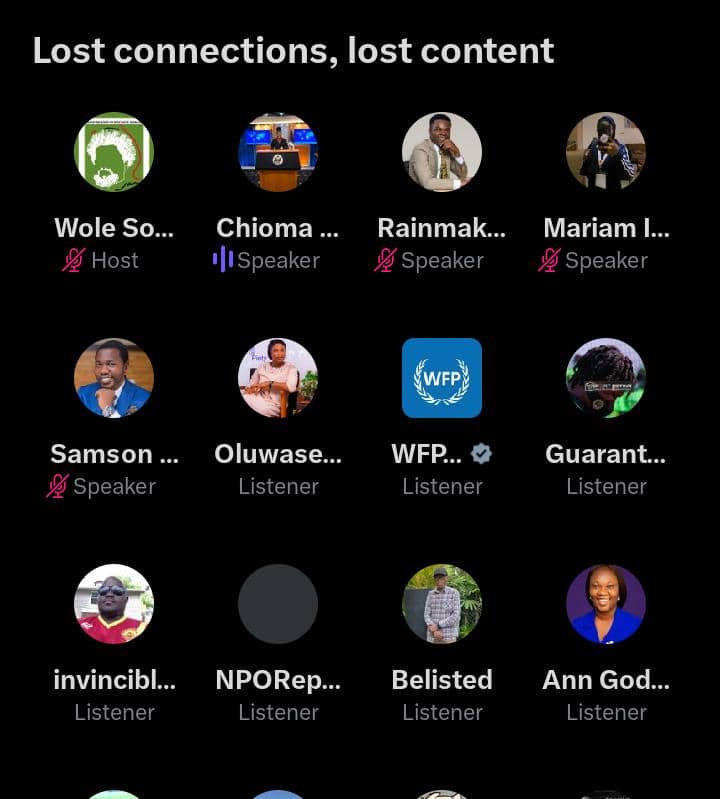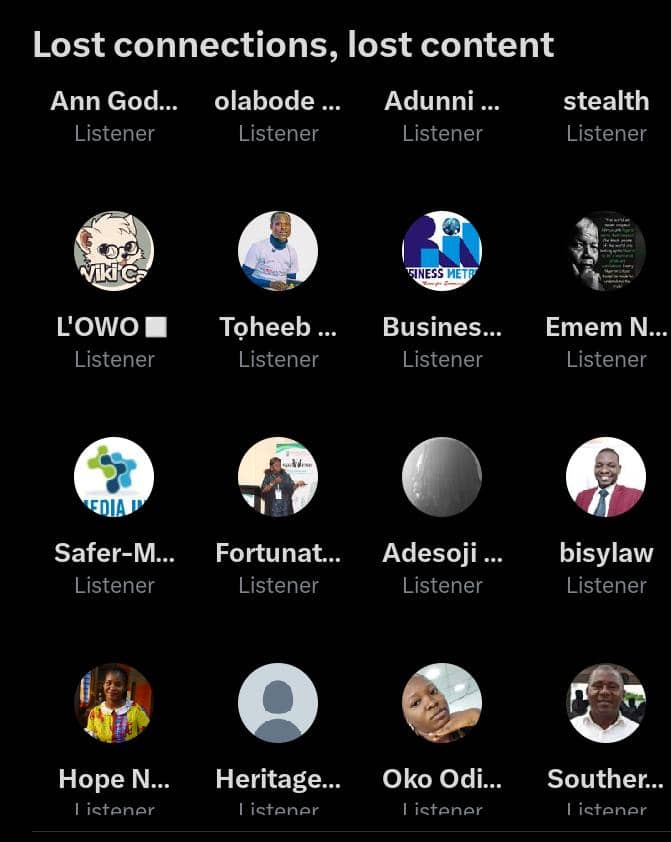Tech experts reveal why Nigeria ranks 125th on the global digital competitiveness index
Nigeria ranks 125th out of 137 countries in global digital competitiveness, according to tech experts.
By Ejiro Umukoro
In a recent conversation organized by the Whole Soyinka Center for Investigative Journalism (WSCIJ) on August 20, 2024, Mr. Frank Eleayan, a Senior Tech Writer known as Tech Cabal, revealed that Nigeria ranks 125th out of 137 countries on the Global Digital Competitiveness Index. The event, themed “Lost Connections, Lost Content,” focused on the impact of internet quality on journalistic news gathering, production, consumption, audience engagement, media trust, and the overall sustainability of media houses.
Mr. Eleayan highlighted Nigeria’s low digital competitiveness compared to South Africa. “Nigeria is not even among the top five, yet South Africa ranks 58th in the world and is rated as the first in Africa,” he stated. “We have seen the rollout of cloud companies in the past few years, and without a digital backbone, you won’t get the connectivity required in the news industry.”
He further explained the reasons behind the underperformance of key players in the telecommunications industry. “If you have observed, you will notice that the telecommunications industry is dominated by MTN, Airtel, and Glo, and their services are below expectations,” Mr. Eleayan noted. “MTN and Airtel are listed companies on the Nigerian Stock Exchange, and since there is no investment going into the telecommunications industry, this has posed significant losses.”
Mr. Eleayan also pointed out the effects of government policies and economic instability on the telecommunications sector. “There are issues around electricity. In 2022, when privatization happened, 18 hours of electricity per day was promised by the government, which has not been fulfilled. The telecommunications industry produces 24-hour electricity by themselves without help from the government, and the price of diesel has significantly increased, posing a tremendous cost for their business,” he explained.

Additionally, he identified issues around the tariff system as another factor. “The NCC sets the tariff plan in terms of SMS and airtime, and the government has failed to increase the price despite the hike in prices of goods and commodities, making the players in the telecommunications industry perform below expectations with no new base stations.”
The keynote speaker, Mr. Samson Ademola, emphasized the critical role of the internet for the media. “The internet is important to the work we do. Stable connection is not about convenience but about necessity, and disruption can be devastating and frustrating. The internet is our gateway to the world. It helps us deliver in real-time, and when connection falters, the audience loses out on important information,” he said.
Mr. Ademola highlighted the consequences of lost connections. “Media thrives on information, and when we fail to deliver, we lose our audience who cannot engage with our content. Crucial revenue streams are hampered because there is a business side to this as well. Hence, the internet is central in keeping the public informed in this digital age.”
He attributed Nigeria’s poor performance to inadequate digital infrastructure, subpar telecommunications services, and restrictive government policies.
Key Challenges:
– Dominance of MTN, Airtel, and Glo, with insufficient investment and high operational costs
– Unfulfilled government promises, including 18-hour electricity supply
– Tariff system issues, hindering new base station development
Impact on Media:
– Disruptions hinder timely news dissemination
– Loss of audience engagement and revenue streams
– Press freedom compromised due to internet connectivity issues
Expert Insights:
– Stable internet connection is crucial for media; disruptions can be devastating.
– Slow internet speeds frustrate media practitioners, compromising timely news sharing.

Global Significance:
Nigeria’s digital divide has far-reaching implications for global information exchange, press freedom, and economic development. As the country strives to improve its digital competitiveness, international cooperation and investment in infrastructure development are crucial.
Other panelists at the event also shared their thoughts on the topic. Chioma Ezenwafor, News Manager from Nigeria Info FM, Cool FM, and Wazobia FM, emphasized the frustration media practitioners face when they cannot deliver their duties promptly. “It is incredibly frustrating for media practitioners when they can’t deliver their duty with dispatch,” she said.
The conversation underscored the urgent need for improved digital infrastructure and policies to enhance Nigeria’s digital competitiveness and support the media industry.





Comments